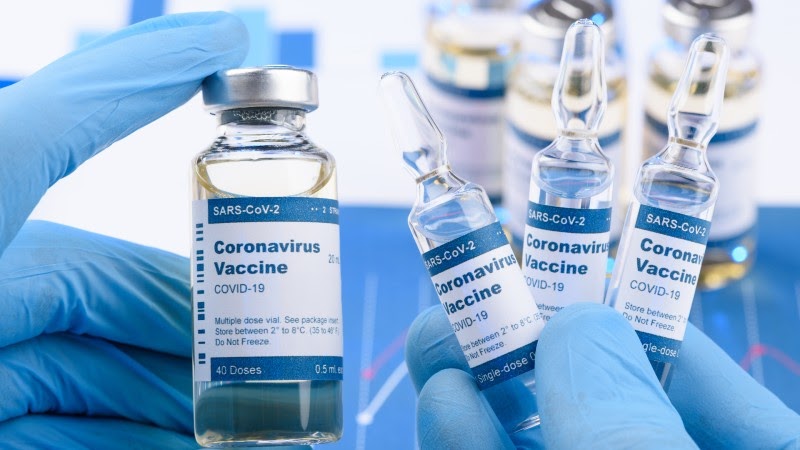Nigeria Scales Up its COVID-19 Vaccination with New Funding for Vaccine Purchase and Deployment

WASHINGTION, September 30, 2021 — The Government of Nigeria today received approval from The World Bank Board of Directors for a $400 million credit in additional financing from the International Development Association (IDA)* to provide upfront financing for safe and effective COVID-19 vaccine acquisition and deployment within the country. This will be implemented as part of the COVID-19 Preparedness and Response Project.
Building on the Government’s plan to break the chain of local transmission of COVID-19 and limit the spread of the virus, the original COVID-19 Response program will be expanded to enable equitable access to purchase affordable COVID-19 vaccines for 18 percent (40 million) of Nigeria’s population and support effective vaccine deployment to 50 percent (110 million) of its citizens.
“As the Nigerian Government continues to tackle the effect of a third wave of the global pandemic, it is crucial it continues to vaccinate its citizens in addition to the use of non-pharmaceutical interventions to avoid the dreadful consequences of another lockdown that left in its wake an economic toll the country is still grappling with,” says Shubham Chaudhuri, World Bank Country Director for Nigeria “This additional funding would ensure that the Nigerian Government has the necessary financial resources to keep its vaccination drive going. This would mean that Nigerians will have increased access to the COVID-19 vaccination.”
The additional financing will allow Nigeria purchase and deploy COVID-19 vaccines, strengthen relevant health systems that are necessary for a successful deployment and to prepare for future health emergencies. Critically, it will permit the acquisition of vaccines to support Nigeria’s objective to have access vaccines under the right conditions (of value-for-money, regulatory approvals, and delivery time among other important features). This will ensure that the Government meets its plans to vaccinate 51percent of its population in two years.
“Recognizing that there is currently excess demand for vaccines from both high-income and lower-income countries, the additional funds would let Nigeria acquire the vaccine at the earliest, strengthen the capacity of all states and the Federal Capital Territory to deploy the vaccines, as well as strengthen the country’s health system interventions such as enhancing health-emergency response capacity of health workers, cold chain equipment, disease surveillance, data management and use, and laboratory testing for the long-term,” says Ayodeji Gafar Ajiboye, World Bank Task Team Leader for the project.
World Bank Group Response to COVID-19
Since the start of the COVID-19 pandemic, the World Bank Group has deployed over $157 billion to fight the health, economic, and social impacts of the pandemic, the fastest and largest crisis response in its history. The financing is helping more than 100 countries strengthen pandemic preparedness, protect the poor and jobs, and jump start a climate-friendly recovery. The Bank is also supporting over 50 low- and middle-income countries, more than half of which are in Africa, with the purchase and deployment of COVID-19 vaccines, and is making available $20 billion in financing for this purpose until the end of 2022.

